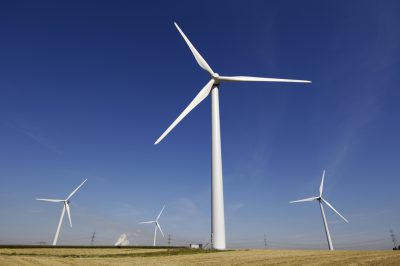The panel established to enforce the United Nations work against climate change believes 80% of our energy needs could be met by renewables by the middle of this century.
However, the Intergovernmental Panel on Climate Change (IPCC) says this would only be possible if backed by the right enabling public policies, according to a new report.
 The work involved more than 120 researchers working with the IPCC and also claimed the rise of renewable energies could lead to cumulative greenhouse gas savings equivalent to between 220 and 560 gigatonnes of carbon dioxide saving between 2010 and 2050.
The work involved more than 120 researchers working with the IPCC and also claimed the rise of renewable energies could lead to cumulative greenhouse gas savings equivalent to between 220 and 560 gigatonnes of carbon dioxide saving between 2010 and 2050.This could contribute towards a goal of holding the increase in global temperature below two degrees Celsius – an aim recognised in the United Nations Climate Convention’s Cancun Agreements.
The report reviewed the potential of six renewable energy technologies:
·Bioenergy, including energy crops; forest, agricultural and livestock residues and so called second generation biofuels
·Direct solar energy including photovoltaics and concentrating solar power
·Geothermal energy, based on heat extraction from the Earth’s interior
·Hydropower, including run-of-river, in-stream or dam projects with reservoirs
·Ocean energy, ranging from barrages to ocean currents and ones which harness temperature differences in the marine realm
·Wind energy, including on- and offshore systems
